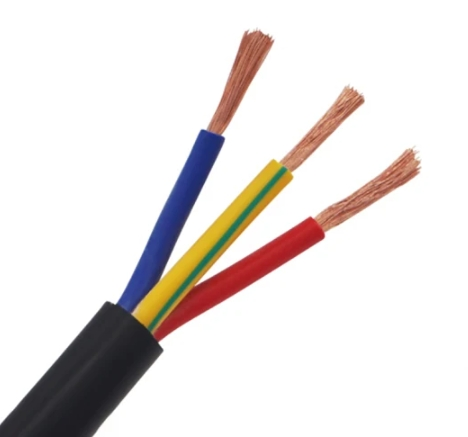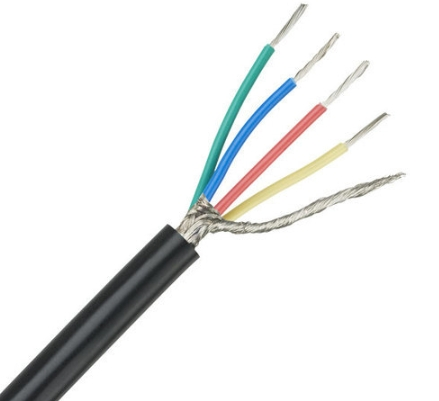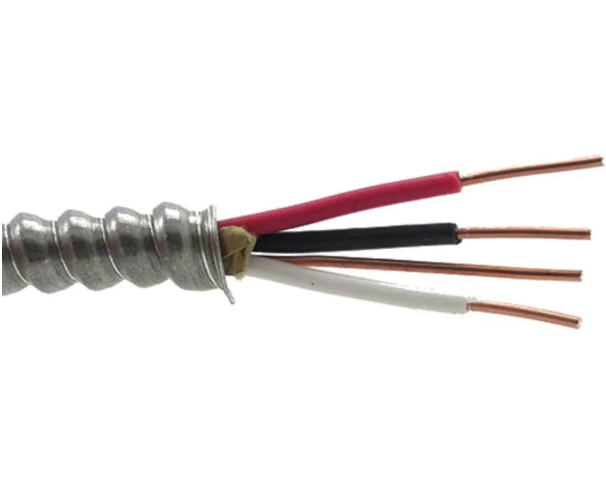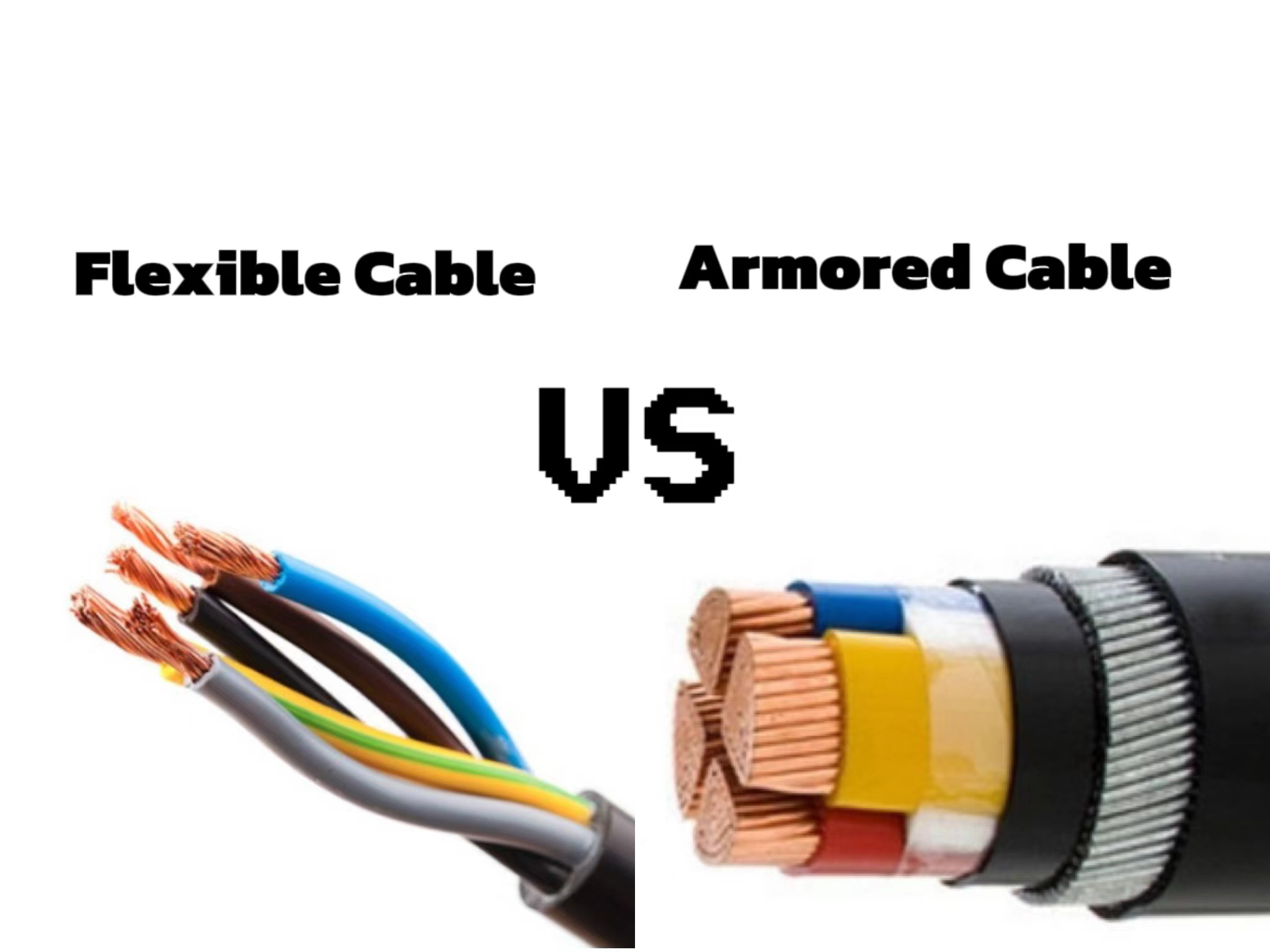The choice between Teflon wire and PVC wire is one of the first issues many electrical engineers tackle at the beginning of a project. Whether it’s Teflon wire or PVC wire, there are many factors that must be considered to decide which type of wire insulation to use in different applications.
In the following section will delve into what Teflon and PVC wires are, their applications, and the various properties involved in these materials. We will also clarify the differences between the two and what factors to consider when choosing one over the other. If you’d like to learn more about the different types of wire insulation, please keep reading to visit our wire insulation comparison guide!
Polyvinyl Chloride (PVC) overview
Polyvinyl chloride (PVC) is a very durable and versatile thermoplastic material. It is used in a wide range of applications in construction, medical, electronics and daily life. It offers many premium properties such as moisture resistance, flame retardancy and abrasion resistance. In addition, PVC is effective against UV rays and many chemicals.
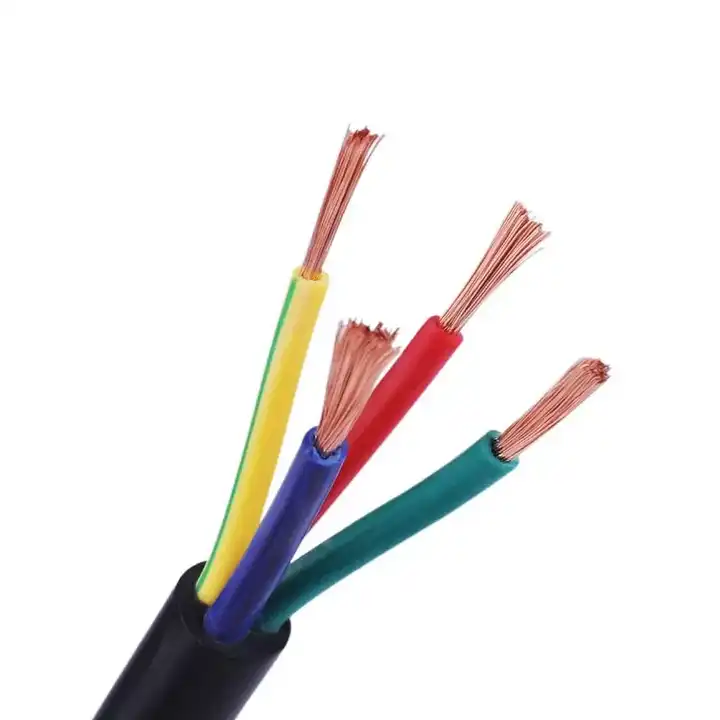
Commonly, PVC wires can be categorized into three types:
Standard PVC: Mostly used for commercial and industrial purposes, but also for computer and control wiring.
Semi-rigid PVC: More durable and electrically stable than standard PVC.
Indicated PVC: Although not a thermoplastic, the type of PVC has exceptionally high abrasion resistance.
Teflon overview
Teflon is a thermoplastic fluoropolymer. It is commonly used as insulation for electrical wires and operates at high temperatures. Teflon wire has excellent performance characteristics, including High temperature and chemical resistance as well as durability and resistance to mechanical stress. It is also found in critical areas such as aerospace, military, medical and semiconductors, among many other high-performance areas.
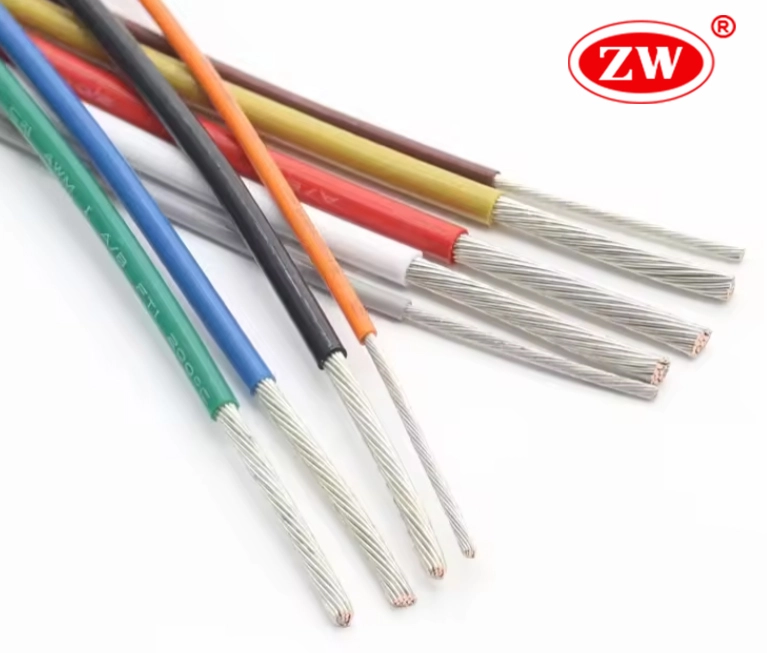
As a result, PTFE Teflon wire is versatile and performs a wide variety of tasks with ease. PTFE material offers the best price/performance ratio due to its non-stick properties and a larger temperature range than other polymers. It is found in most high temperature and high frequency applications.
What are the differences between PVC wire and Teflon insulated wire?
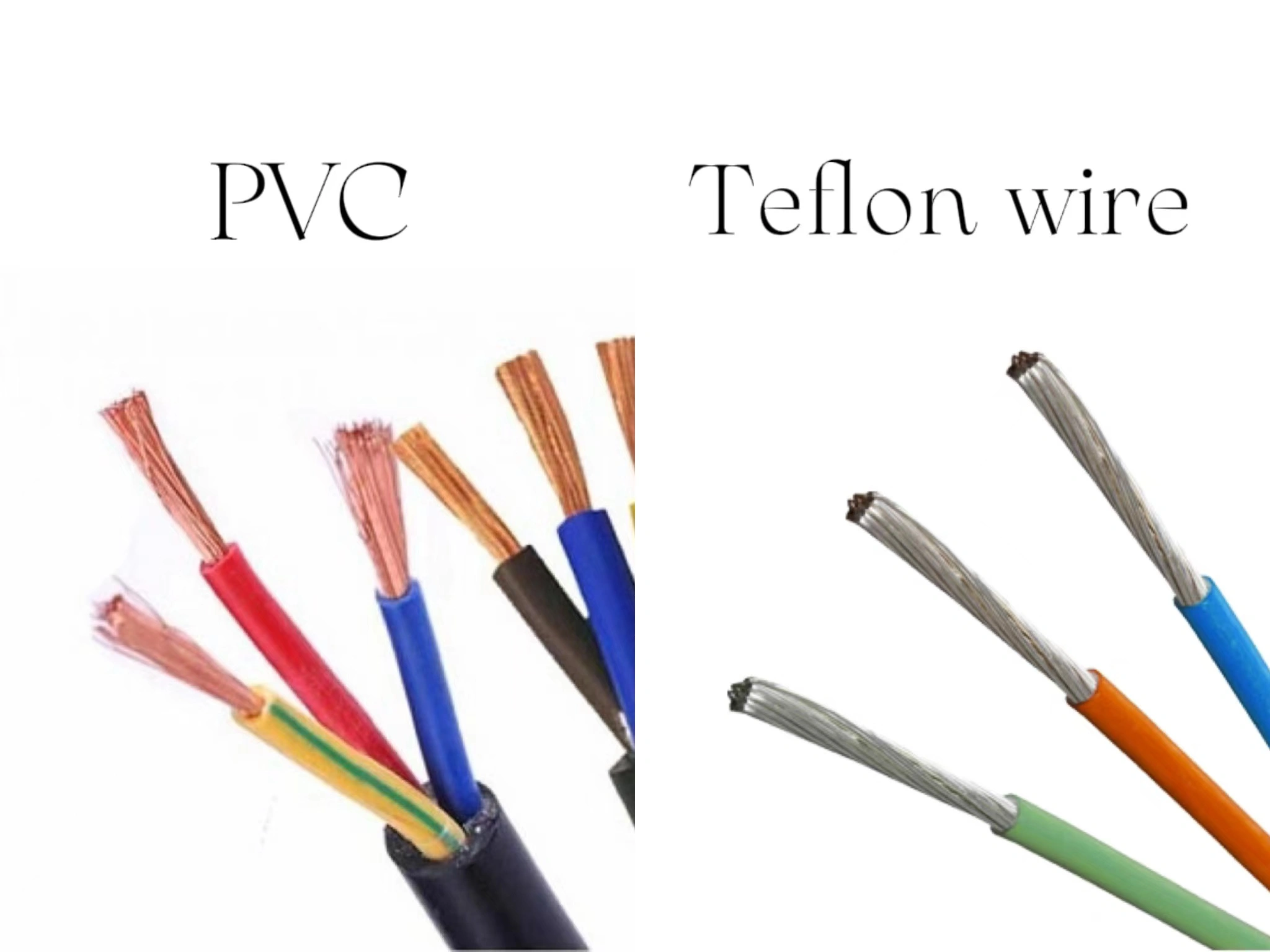
Let’s dive into the various differences between PVC and Teflon wire. The focus will be on their electrical characteristics, flexibility, durability, longevity, operating temperature and cost.
1.PVC VS. Teflon Insulated Wire:Difference in Electrical Characteristics
- PVC wire provides acceptable electrical insulation performance, but falls short in signal integrity when compared to high-performance insulators. It means that PVC may not be the best choice for applications that require minimal signal loss and high clarity.
- Teflon has high dielectric strength. It ensures excellent signal clarity and overall performance. This excellent electrical performance is a primary advantage in applications where maintaining signal integrity is important.
While PVC is adequate for basic insulation needs, Teflon’s advanced electrical properties make it an excellent choice for high performance requirements.
2. PVC VS. Teflon Insulated Wire:Difference in Flexibility
- PVC insulated wire is inherently flexible and easy to install in a variety of applications. However, its flexibility decreases when exposed to high temperatures for long periods of time, which may affect its long-term performance.
- Teflon is highly resilient and remains stable even under harsh conditions. With this, Teflon is guaranteed to be easy to install without losing its flexibility.
3. PVC VS. Teflon Insulated Wire:Difference in Durability & longevity
- Polyvinyl chloride wire is known for its long-lasting durability, but it tends to become brittle over time, which affects its overall longevity.
- Teflon wire maintains its integrity over time and also exhibits excellent resilience to mechanical stress and abrasion. It tends to be durable and last longer in use.
4. PVC VS. Teflon Insulated Wire:Difference in Operating Temperature and application
When it comes to the operating temperatures of PVC cables and Teflon cables, it is clear that Teflon cables have a distinct advantage.
- Teflon high temperature cables can operate at temperatures up to 200°C. The high temperature resistance makes Teflon cables ideal for heat-exposed environments such as industrial environments or high-performance automotive applications.
For example, in the aerospace industry, Teflon cables are often used because they can withstand the extreme temperatures encountered in flight and space. Similarly, Teflon cables are preferred in high-power electronic equipment to make certain reliability and safety.
- PVC flexible cables have a much lower maximum operating temperature, only reaching a maximum of 70°C. The limitation means that PVC cables are not suitable for some specific high temperature environments. In residential wiring and general electrical applications where high temperature resistance is not a major requirement, PVC cables are more commonly used.
For example, PVC cables are commonly used in household appliances and consumer electronics, which typically operate at temperatures of 70°C or less. However, if cables are exposed to higher temperatures, they can degrade and fail, posing a safety risk.
5. PVC VS. Teflon Insulated Wire:Difference in Cost
When considering the cost difference between PVC insulated wire and Teflon insulated wire, it is important to note their different characteristics and applications.
- PVC insulated wire is known for its affordability and is a budget-friendly choice for many standard applications. This cost-effectiveness stems from the low price and ease of manufacturing of PVC materials.
- Teflon insulated wire is typically more expensive. Teflon insulated wire has excellent properties such as high temperature resistance, chemical inertness, and excellent electrical performance, which can add up to a higher cost. Its characteristics make Teflon insulated wire ideal for specialty applications where reliability and performance are significant thus justifying its higher cost.
Conclusion
The difference between PVC and Teflon electrical insulation plays a key role in performance, reliability and sustainability PVC is affordable and flexible, but may lack the resilience required for demanding environments. On the other hand, Teflon has excellent heat resistance and durability and is ideal for a variety of key applications.
In our comprehensive blog post, we provide a detailed comparison of these two materials, highlighting their unique benefits and limitations. Ultimately, the key to choosing the right insulation is to understand your specific needs and application. Factors such as environmental conditions, required durability, and potential impact on sustainability must be evaluated to make an informed decision that maximizes the benefits of your chosen material.
For further details on how to select the right insulation for your power cables and custom specialty cables, please contact ZW cable. We are delighted to offer you a range of electrical solutions


